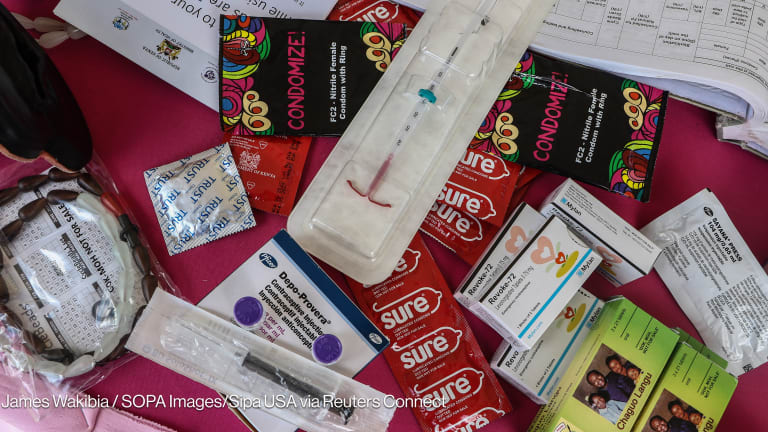Family planning is crucial to the post-2015 Sustainable Development Goals, as a crosscutting issue that impacts targets on health, gender, youth and more.
In short, it cannot be isolated as a stand-alone problem simply because it encompasses all sectors of society, according to United Nations Undersecretary-General and U.N. Population Fund Executive Director Dr. Babatunde Osotimehin.
“The all-of-society approach is exactly what the SDGs are about,” Osotimehin explained in an interview with Devex associate editor Richard Jones on the sidelines of the recent International Conference on Family Planning in Nusa Dua, Indonesia.
Printing articles to share with others is a breach of our terms and conditions and copyright policy. Please use the sharing options on the left side of the article. Devex Pro members may share up to 10 articles per month using the Pro share tool ( ).








